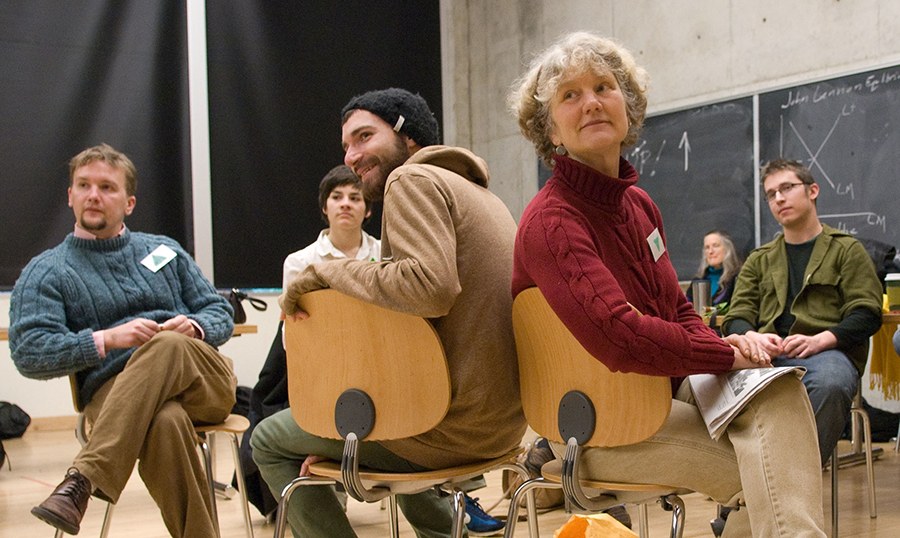About Psychology
Delve into the intricacies of the human mind and behavior. Discover the world of animal behavior. Learn about stress and resilience. Prepare for graduate school. Learn about research, practice, and policy. Serve in community-based internships.
The field of psychology is rooted in both science and philosophy to understand behavior and experience. Psychology is a diverse discipline with experimental, clinical, community, and public policy applications. Psychologists are trained in research methods and apply findings to improve the quality of life for people, organizations, and communities.
Studies in psychology explore the field in its social and historical context and may include learning about human development, social and community psychology, neuropsychology, and cultural diversity.
Psychological science is applied both nationally and globally in clinical, research, educational, and policy settings. Psychologists work in diverse settings including universities, schools, research labs, hospitals, clinics, and community health settings.
By studying psychology, you can lead to the development of integrative thinking to value diverse questions, challenge biases, and promote socio-emotional intelligence.
Interdisciplinary programs incorporating psychological perspectives can develop psychologically literate citizens who can encourage policy makers to use findings from psychological research when forming policies.
Areas of expertise currently offered include:
- Developmental psychology from a lifespan perspective
- Adolescence
- Emerging adulthood
- Self and identity
- Social media use
- Critical race and feminist approaches to psychology,
- Multicultural counseling
- Clinical psychology
- Health psychology
- Expressive arts therapy
- Animal behavior
- Conservation psychology
- Organizational Psychology
Check out related Courses and Programs in the Academic Catalog
The Evergreen Psychological Society
This student group is dedicated to providing space and resources for Evergreen students who are interested in psychology and the mind. Weekly meetings are held for discussion of psychology, information sharing, and networking opportunities with other psych students.
Internships and Research
Numerous internship opportunities in counseling and clinical settings, social service agencies, and schools are available for students interested in clinical psychology or counseling. Upper-level students may also work with faculty to conduct individual research projects in psychology or social sciences.
Western Psychological Association Convention
The Western Psychological Association (WPA) is the regional arm of the American Psychological Association. Their annual convention of psychology professionals and students allows students to explore the range of activities and topics that psychology offers, and to learn cutting edge research in the field. Faculty facilitate the trip annually for students who are interested in attending.
